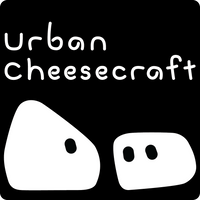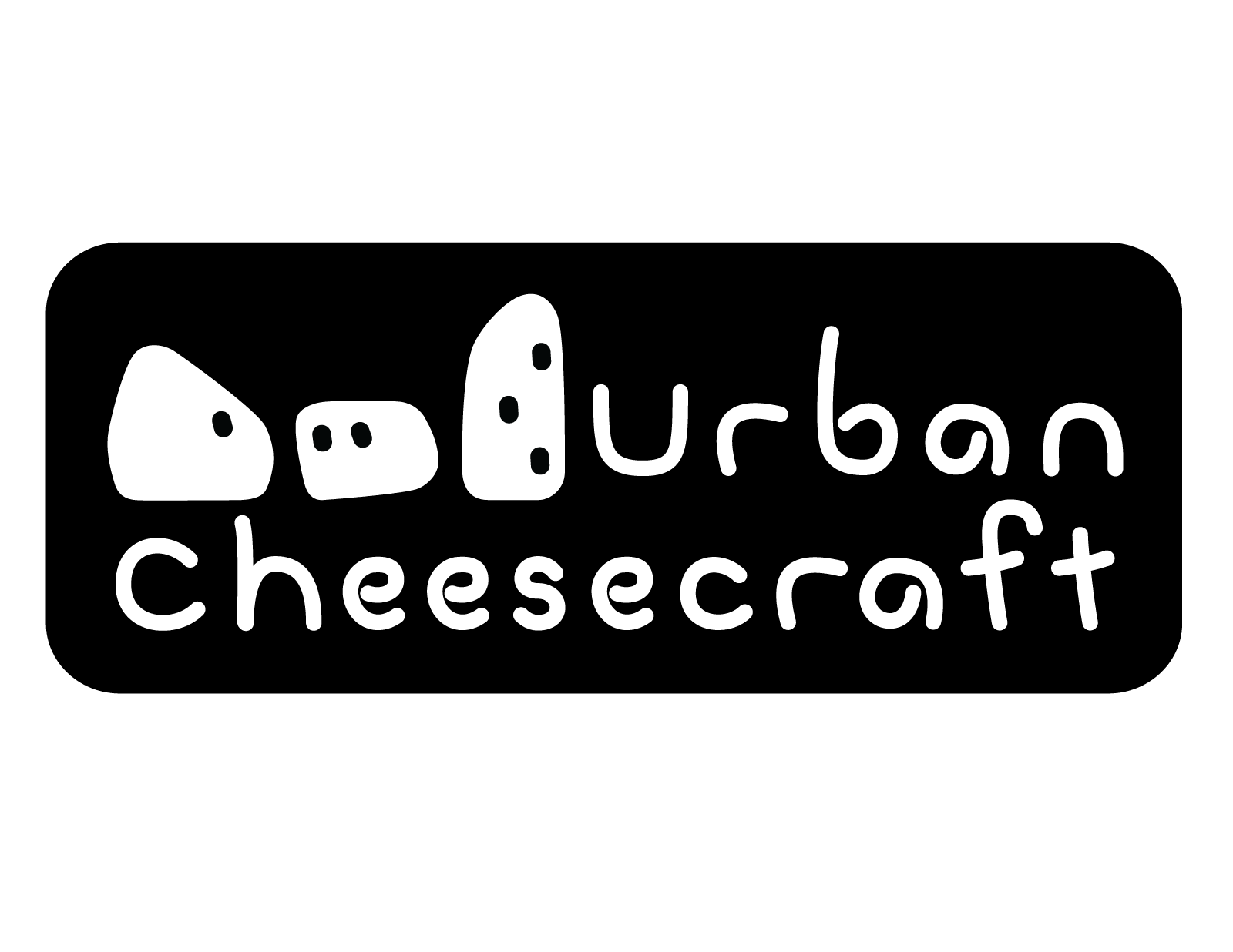FAQs - Milk
What kind of milk is best?
The milk that makes cheese almost effortless is raw (unpasteurized) or lightly pasteurized and unhomogenized (cream top) milk. It is usually in glass bottles and costs more than your average milk.
However, common store-bought pasteurized milk works with our recipes. The most important thing is to avoid ultra-pasteurized milk, the tricky thing is, it might not be labeled in detail. Look at the expiration date though, is it more than 3 weeks away? The sooner it is, the better. Also look at the origin city, is it far from you? Often, local milk will be less processed because it is not prepared for long storage and therefore will not use a super long date. Use that brand.
Choosing the right milk for cheesemaking can be one of the most important factors in having a successful and tasty outcome. If you’d like to find minimally processed sources of milk near you, search by your zip code on this web resource Local Harvest.

The brands below have been tested with Urban Cheesecraft kits and the books, One Hour Cheese and Instant Pot Cheese.
Cow Milk
Available in or near Portland, Oregon
Garry's Meadow Fresh Milk
This is the milk we use when we teach classes or when making aged cheese to share (i.e. when we do not have people's direct permission to feed them raw milk). Garry’s Meadow Fresh milk keeps their Jersey cows out on pasture in Mulino, Oregon as much as possible. The cows at Lady Lane Farm are raised without hormones and rBST, producing milk that is notably higher in calcium, protein, and nonfat milk solids than conventional milk. This is all great for making cheese. With the milk processed at a low pasteurization level and being non-homogenized you get the cream separation on top. Available by Milk Run for delivery in certain areas.
Terra Farma in Corbett, Oregon
This is the milk we use for our personal and family cheesemaking both fresh and aged. It offers all of the features above but in addition is from a micro family dairy, is farm fresh raw milk and comes from A2 cows. It coagulates beautifully, and with Terra Farma being 20 minutes away, is as local as it gets so we can visit the cows and see how they live (and make farmer friends for life). Like Oregon, many states do not allow raw milk to be sold in stores (while European countries sell it in vending machines!), but many allow sales directly from the farm like this. We highly recommend this option and being involved with the source of your food as often as possible.
Some states do not allow raw milk sales at all except for pets. Find out more about your state laws and raw milk availability here.
Available in Portland, OR and beyond
Found in Fred Meyer’s natural foods fridge. They get milk to you from farmers in your area. There’s a Pacific Northwest co-op for example.
Pasteurized gallons found at New Season’s and many mainstream super markets - works well and is a local dairy. Offers local deliveries in certain areas.
Trader Joe's Brands
All of their milk labeled pasteurized makes good cheese.
Other parts of U.S. (milk that we have tested)
Minimally processed, grass-fed, pasteurized, non-homogenized milk, great for making cheese. Can be found in natural and specialty food stores, including natural food co-ops, independent natural food stores, Natural Grocers, and Whole Food Markets in the Midwest, Rockies, and Southwest.
Pasteurized gallons found in Oregon and California stores everywhere - has worked well.
Out of California, like most glass jug brands, it is good quality milk and works great for making cheese.
Goat Milk
We get this question - Do you need goat milk to make goat cheese?
Yes, yes you do. That characteristic flavor in goat cheese comes from the milk.
Our kits were not tested with powdered, evaporated or canned goat milk. Goat milk can be a little tricky to work with than cow’s milk so its quality and freshness is even more imperative. It is less available so we have listed these by type versus brands.
We have tested the five options below - find goat milk near you on this web resource Local Harvest.
Raw goat milk from a local farm. This milk is ideal and creates the best curd. We go to Terra Farma in Corbett, Oregon for raw goat's milk. It is mild and rich. Not all states allow raw milk sales from farms.
Unhomogenized, unpasteurized (raw) goat milk from a local co-op. It works great and will usually be local which is a bonus. While not all states allow raw cow's milk sales in stores, like Oregon, some tend to make exceptions for goat milk.
Pasteurized goat milk from a local co-op. If it is local that usually means that it is minimally processed. If so, it works great. We find pasteurized Summer Hill Dairy quarts from California sold at Trader Joes in Oregon and California. Possibly available in other states.
AVOID ultra-pasteurized goat milk sold most commonly - The purple quarts by Meyenberg we tested result in a loose curd, barely ricotta - not good for making any cheese therefore not recommended, especially for any recipe that calls for rennet.
My milk never formed a curd or the curd was wimpy!
Let’s go through some possibilities:
Sometimes you can just cover the pot (heat off) and leave it for 15-45 minutes, come back and like magic, you have coagulation! Try a couple of things before you resort to tossing the milk.
If you used it, check that your rennet is fresh- it loses power when left at room temp or kept for a long time. See your kit for a best by date. Visit our shop for fresh rennet.
Check that your thermometer is reading accurately. Without some proper warmth, your rennet will not activate. Place the thermometer in a cup of ice topped off with water- does it read 32 degrees Fahrenheit or very close? If not, adjust the nut under the face with a wrench until it does.
Are you making a fast goat cheese or ricotta kits? Small curds are not unusual with fast goat cheese and with ricotta in general. If you use fine cheesecloth to strain, you should end up with nice creamy cheese.
Do you possibly have ultra-pasteurized milk? If you weren’t after ricotta or goat cheese and your curds never progressed, you probably have ultra-pasteurized or ultra-heat pasteurized milk on your hands. It seems dairies are not required to label this milk as such and you should know that even organic dairies are doing this to the milk for longer shelf life. I have found good milk by trial and error and have actually called customer service phone lines to ask (usually a 1-800 number on the carton). This has worked well for me. Just a note though, I have found most of my “errors” still resulted in a cream cheese that was nice. Taste yours and use it! Also see section above about My Mozzarella is like cream cheese. It never firmed up.
Can I use almond milk etc. with your dairy kits?
No, sadly the science just doesn't work in the same way. We do have dairy-free cheese kits though! They call for nuts, seeds, veggies and even beans.

